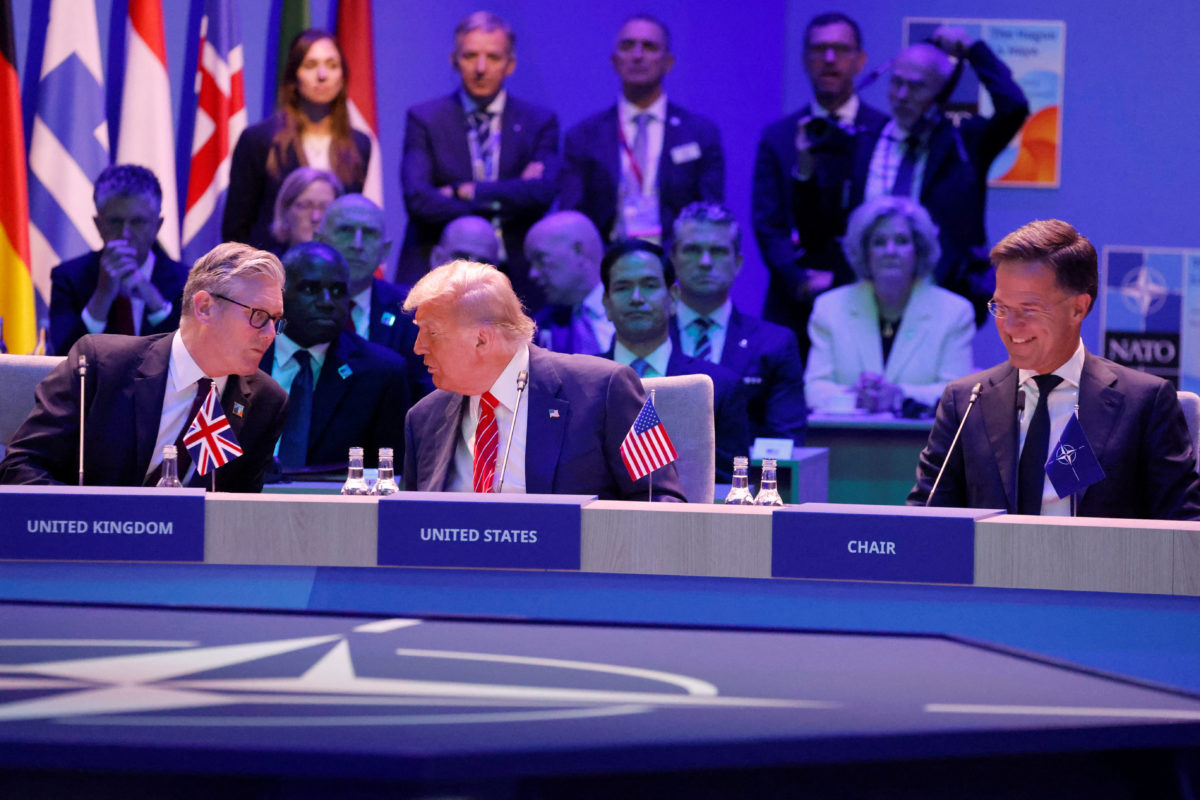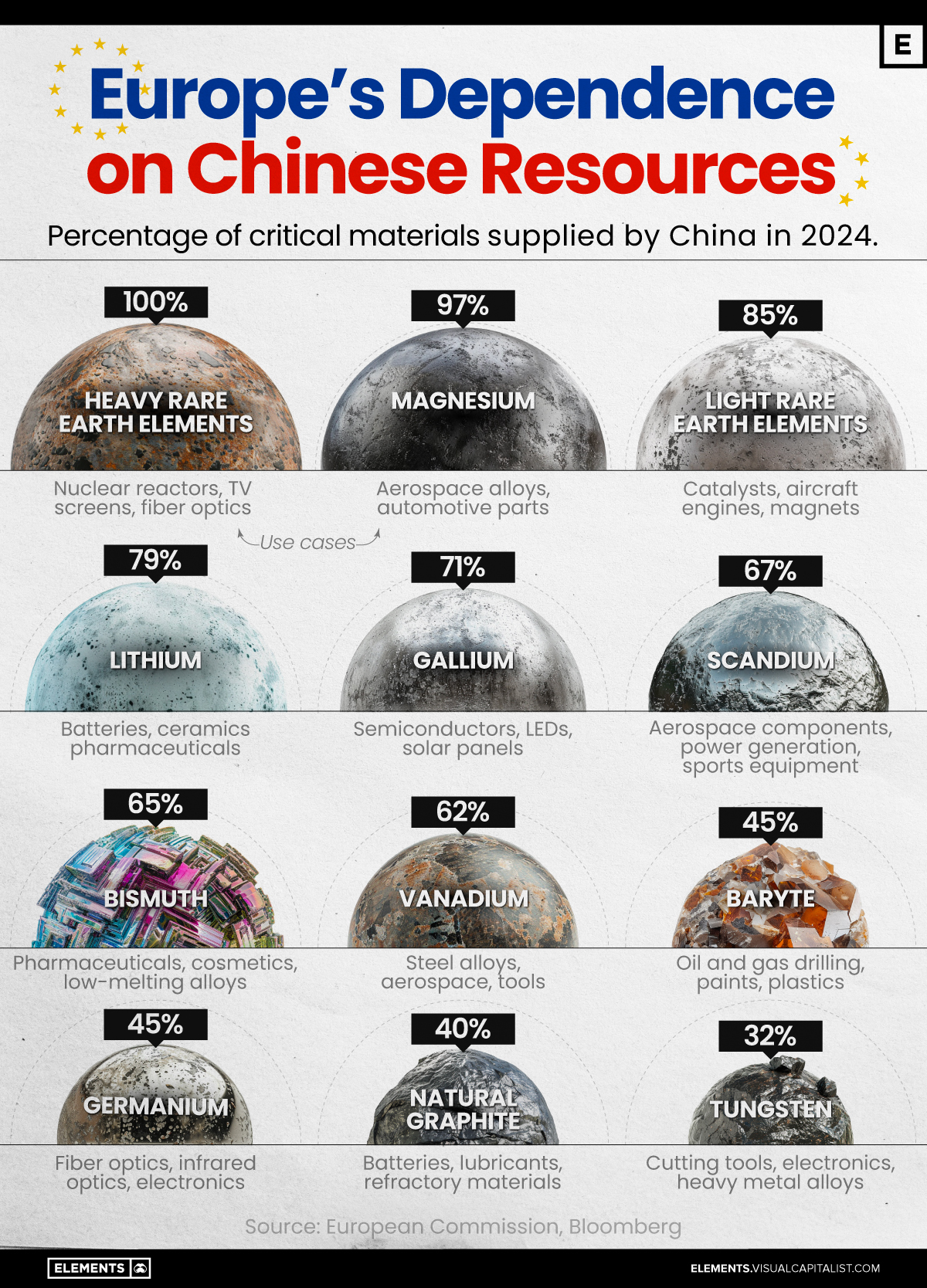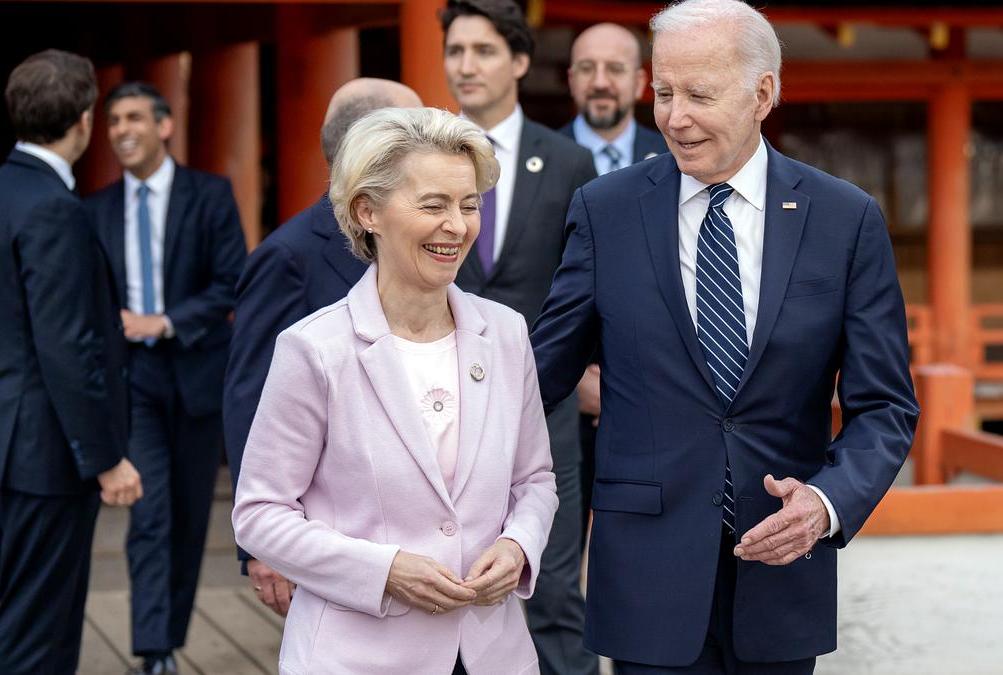
Jade Wong, Senior Fellow, Gordon & Leon Institute
Feb 10, 2026
For Europe, despair runs deeper than sorrow when it comes to the United States. Yet it will seek to leverage its advantages—institutions, laws, norms and expertise—as it tries to guide and constrain the U.S..

Jade Wong, Senior Fellow, Gordon & Leon Institute
Jul 11, 2025
Amid the uncertainty of U.S. domestic affairs and the evolving international order, the transatlantic relationship — despite its apparent stability — is likely to experience undercurrents of discontent in the years ahead.

Sebastian Contin Trillo-Figueroa, Geopolitics Analyst in EU-Asia Relations and AsiaGlobal Fellow, The University of Hong Kong
Jul 04, 2025
European Union leaders’ proclamations of supply autonomy sound great under the spotlight, but don’t hold up under the microscope. The truth may be that China already has won the game with its vice-grip on rare metal exports.

Richard Javad Heydarian, Professorial Chairholder in Geopolitics, Polytechnic University of the Philippines
Dec 13, 2024
The West’s dominating influence around the world has come under heavy scrutiny as open conflicts rage on in Europe and the Middle East. Does this year’s BRICS Summit, hosted in Russia, represent an inflection point in the global community’s tolerance for U.S.-led order?
Zhang Yun, Professor, School of International Relations, Nanjing University
Apr 30, 2024
Talking, even through hard times, is not only necessary but also meaningful, because the audience is wider than just the two participants. People are listening at the bilateral, regional and global levels.
Zhang Yun, Professor, School of International Relations, Nanjing University
Sep 08, 2023
Six new members joined the group in the first expansion since 2010. The new alignment shows the desire of intermediate countries to play a bigger role in international affairs in a great awakening of international political awareness.
Jade Wong, Senior Fellow, Gordon & Leon Institute
Jul 21, 2023
Boundaries have always been a core element in international politics. The United States has extended its Monroe Doctrine from the dominance of its own hemisphere to the world at large, so it’s hard to say exactly what the boundaries of NATO will look like in the future. But we know it will be expanding.

Sebastian Contin Trillo-Figueroa, Geopolitics Analyst in EU-Asia Relations and AsiaGlobal Fellow, The University of Hong Kong
Jun 29, 2023
Redefining trade and economic relationships to achieve balance and prevent excessive dependence in strategic sectors has emerged as a key protectionist policy and geopolitical tool among major global powers. And while policies like dumping, dual circulation, security and development, or decoupling and de-risking, all share a common objective, each major power must determine its own mechanisms for course correction.

Wang Lei, Assistant Research Fellow, Institute of World Political Studies, CICIR
Sun Ru, Research Professor & Deputy Director, CICIR
Jun 08, 2023
Adjustments in European and American strategies may offer hope for a return to normal relations with China. The EU and U.S. should dump their political prejudices against China, take care of the common security of the world, try to remove risks and truly cooperate with China.

Hu Dawei, Research Fellow, China Institute of International Studies
Jun 08, 2023
Hiroshima highlighted the decline of Western influence in global economic governance. The group’s inherent inadequacy arises from the desperate effort by a small group of member nations to maintain their dominant position in the world.
Back to Top

- China-US Focus builds trust and understanding between the U.S. and China through open dialogue among thought leaders.
- Our Offerings
- Topics
- Videos
- Podcasts
- Columnists
- Research Reports
- Focus Digest
- Stay Connected
-
Thanks for signing up!
- Get the latest stories from China-US Focus weekly.